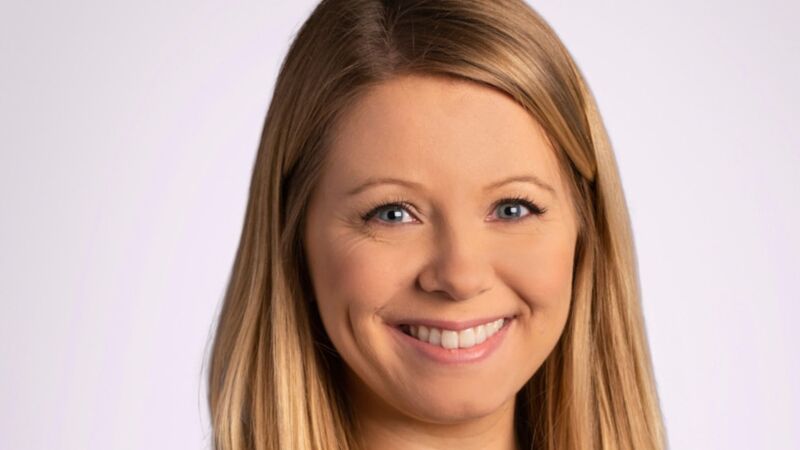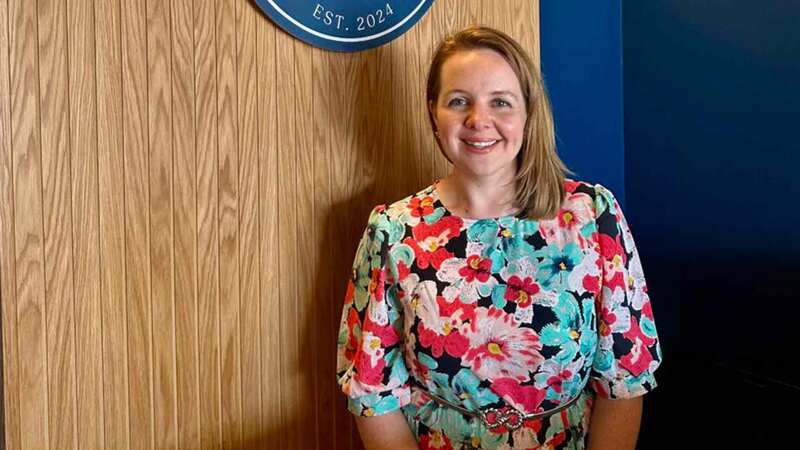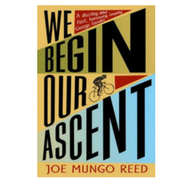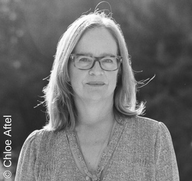You are viewing your 1 free article this month. Login to read more articles.
Booker winner Saunders joins Substack
Booker winner George Saunders has become the latest big name author to join Substack, sharing content about writing and analysing short stories.
The author, who won the Man Booker Prize in 2017 for Lincoln in the Bardo (Bloomsbury), said he was drawn to Substack's "writing community that was less agitated and fraught than social media".
Saunders teaches at Syracuse University in the MFA programme and he hopes his Substack publication "Story Club" will democratise the creative writing programme. Substack described it as a "masterclass in craft, a deep dive into the art of short fiction with one of its most original and beloved practitioners". The author will also be talking more generally about writing and its relation to big themes including openness, specificity in thought, and generously imagining the experience of other people, and will host Q&As with readers and some short essays on non-writing topics, as well as some comedic pieces and daily updates.
Saunders told The Bookseller he wasn't aware of Substack until he was contacted by Dan Stone, who works in the platform's writer partnerships division. "I knew him from the writing world and have a lot of fondness and respect for him, and when he explained it to me, it seemed very appealing, this idea of a writing community that was less agitated and fraught than social media, allowed ample time for rewriting, and might help me connect more authentically with my readers. This coincided with my having finished A Swim in a Pond in the Rain (Bloomsbury) and really missing it. I loved working closely with those stories and found it brought me some much-needed peace of mind in a turbulent time and also, perhaps surprisingly, it seemed to have had a beneficial effect on my fiction writing. So this seemed like a perfect storm, this idea of continuing the work I’d started with the Russian book and expanding it to other stories."
He said it was a "privilege" to teach in the MFA programme at Syracuse, but stressed: "I think there are so many people in the world who want to engage deeply with writing in the way one does in an MFA programme but who, for various reasons, can’t do an MFA." He added: "Some can’t for lifestyle reasons—they have jobs or families and can’t make that big of a change. Other people maybe aren’t destined for publishing, or aren’t writers at all, they just like to read and talk about literature, and find that looking at things from the writer’s perspective is an interesting way in. Another way to say this: the response to the Russian book—letters, emails, etc—suggested that there are many people out there deriving real sustenance from discussing and exploring serious literature and I find that exciting. It seems like an encouraging hedge against all the incivility and broad projection and agitation in the air right now."
He hopes the new venture will enable him to understand stories better and write about them more clearly. "Before the pandemic, I had already dialled back some of my travel, and found this lovely—just staying home, working and reading. So this feels like a committed extension of that. Instead of doing college visits and so on, I’ll be at home, reading the great short stories and trying to understand them better and write about them more clearly. I just turned 63 and am newly reminded that 'life is short, art is long', so I love the thought of turning inward a bit more and dedicating all my time to improving my fiction—and I understand this Substack venture as a branch of that effort."
Saunders added: "I see this as an interactive journey. I’ll be giving some writing exercises and prompts, and hope to be truly responsive to the needs and interests of whatever audience I’m able to draw. I really like the idea of forging a mutually supportive community of like-minded people—a creative 'tribe' as my Syracuse colleague Mary Karr calls it."
The writer joins the ranks of authors including Salman Rushdie, Jeanette Winterston and Chuck Palahniuk, who have recently joined the platform. This week, Substack announced a "concerted push" for more UK-based writers with the appointment of Farrah Storr as head of partnerships for the region.



















